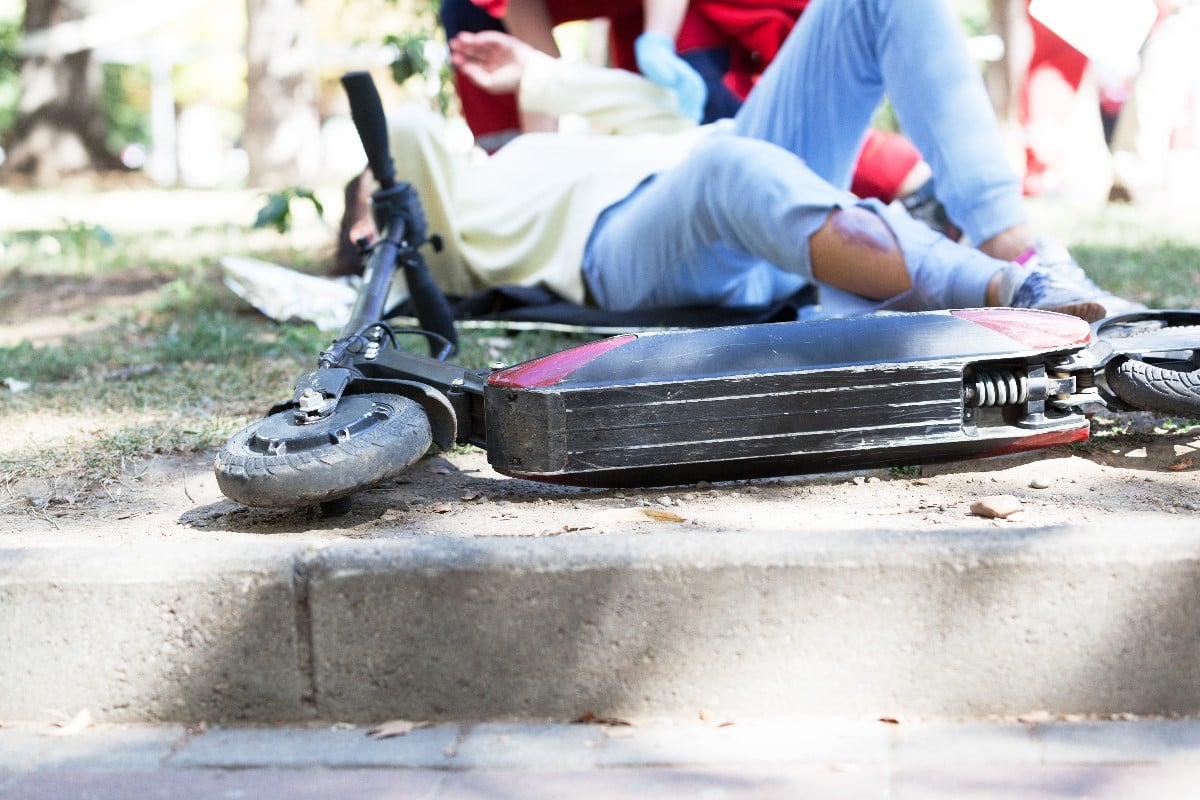
In guidelines that may encourage more women to get screened for cervical cancer, a leading health task force has backed giving women over 30 the option to collect their own vaginal samples for testing. Instead of needing to have a complete pelvic exam, these women can now go to a doctor’s office and collect their… read on > read on >


















